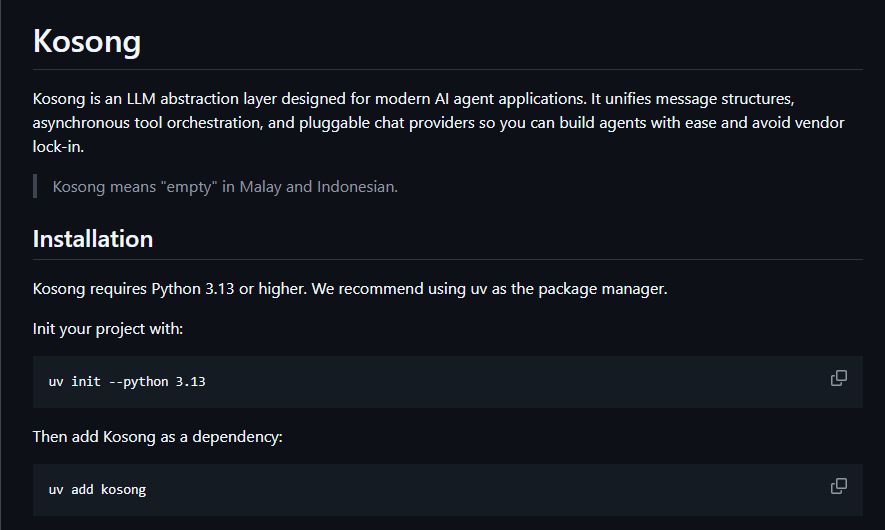The Wikimedia Foundation has issued a public statement, strongly urging artificial intelligence (AI) companies to stop using automated programs to scrape content from Wikipedia and recommends they use the paid API product — "Wikimedia Enterprise." This move is aimed at protecting Wikipedia's resources and ensuring its sustainability.

The Wikimedia Foundation pointed out that in recent years, AI companies have scraped large amounts of Wikipedia content through the web, severely consuming its server resources and affecting the normal operation of the website. The foundation hopes that AI developers will use Wikipedia's knowledge base responsibly, maintaining the accuracy of information and the clarity of sources.
According to the foundation's requirements, AI companies should stop directly scraping Wikipedia data and instead turn to using the "Wikimedia Enterprise," a platform designed for large-scale data usage, aiming to provide a more sustainable collaboration model. Through this paid product, AI companies can obtain data more efficiently, reduce the pressure on Wikipedia's servers, and support Wikipedia's nonprofit mission by paying fees.
Wikipedia is currently facing challenges with user attrition, and recent data shows a 8% decline in human user visits. This downward trend may threaten Wikipedia's core operating model, as it relies on public access to attract volunteers and donors. To address this, Wikipedia hopes that AI companies will pay attention to the attribution of content, respect the contributions of millions of volunteers, and enhance public trust in information.
The Wikimedia Foundation's call is for AI companies to establish a mutually beneficial partnership with them, supporting Wikipedia's sustainable development through paid methods.
Key Points:
🔍 The Wikimedia Foundation calls on AI companies to stop scraping Wikipedia content without payment.
💰 It recommends using its paid API product "Wikimedia Enterprise" to support Wikipedia.
📉 Wikipedia is facing challenges with user attrition, with a 8% decline in human visits.










